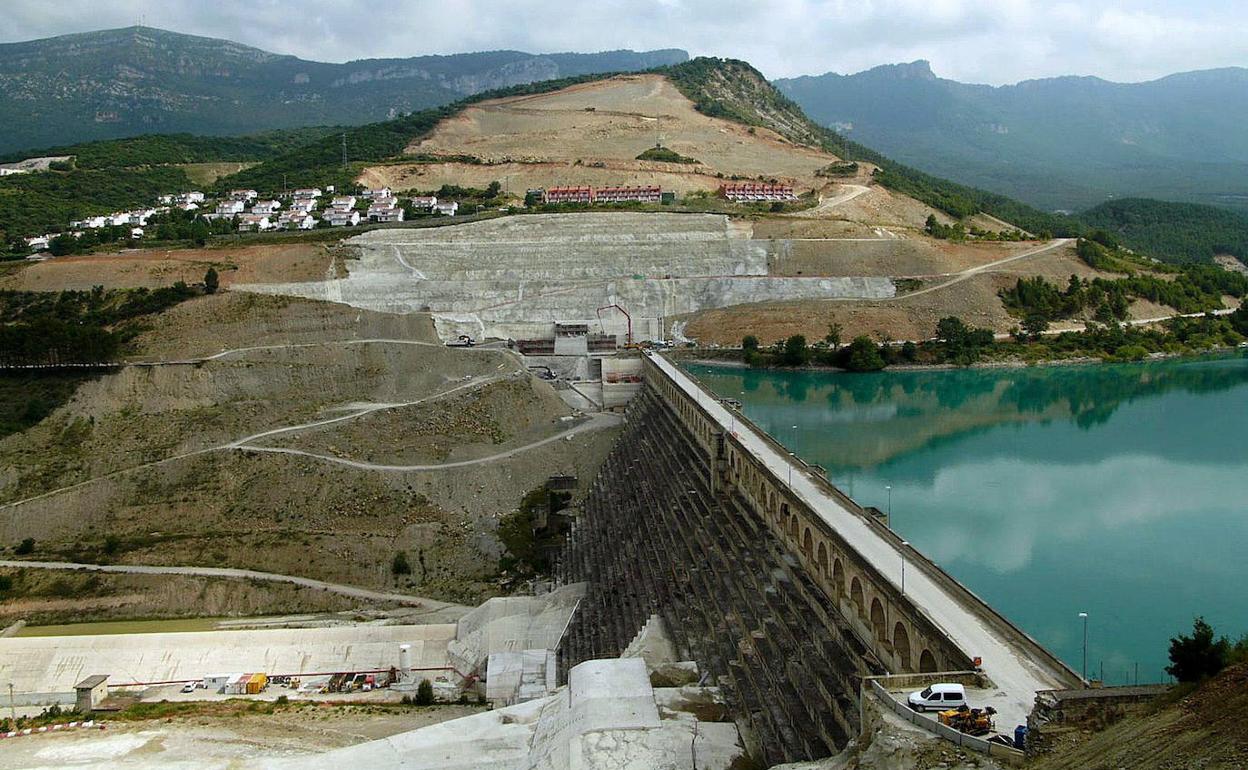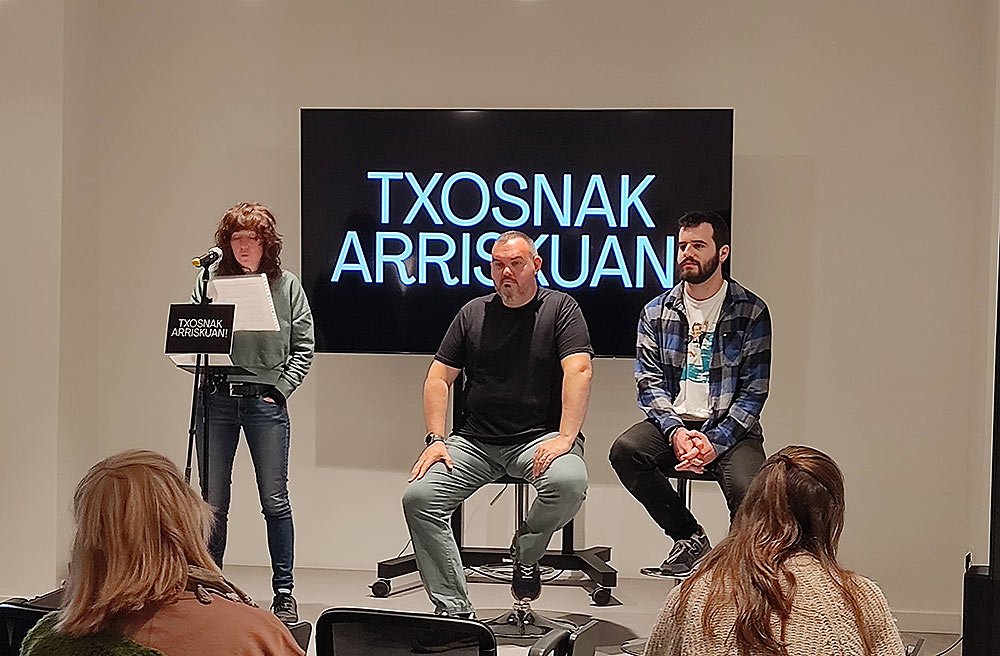For a non-objective story

No one will be surprised if I say that the social and human sciences are undervalued in today's late capitalism. Anthropology, sociology, ethnography, philosophy, literature or history are getting worse and worse. Thinking that they are not economically profitable, many would take away from learning processes.
Besides not being profitable, it is accused of being indoctrinating, manipulative and ideological. Some believe that in history schools, historical facts should be memorized and evaluated using test tests to be corrected by a neutral and objective machine.
This mentality is not new, as it has reached at least since the 19th century. German positivist historian Leopold von Ranke (1795-1886) was the first to give history a scientific character. In his attempt to seek objectivity, he defended the need to count historical facts “as they actually happened”. With this phrase many claim a neutral and objective history.
However, history cannot be a mere enumeration of past events. I usually explain to my students that we should not just memorize them (and therefore cannot be evaluated by an empty test). Historians have to worry about explaining and interpreting the facts, about asking about their causes, consequences, etc., and there come, for some, manipulations and indoctrinations.
Furthermore, historians have long passed the debate on objectivity, because it is known that it is impossible to achieve it. Because history is a dialogue between the present and the past, we look at yesterday from the current perspective. In other words, we look back to respond to the challenges of the present, and therefore we are faced with interests, concerns and thoughts of the moment. But recognizing that absolute objectivity is impossible does not mean that we give up rigour and scientific method.
Although Rank said that round phrase, it has often been interpreted literally. Ranke himself favoured interpreting and explaining facts from history, although he tried to endow scientific objectivity with historical discipline. Moreover, we cannot say that the saxony was a totally neutral and objective historian. In that 19th century Europe, where the echoes of Marselles were still heard, the new and old elites feared the spectre of revolution. Ranke benefited from these elites: his work served to guarantee an emerging bourgeois society and legitimize the nascent German nation-state. Interestingly, those who continue to want a neutral and objective history without interpretation or critical ability are often the ones who fear social change, like Ranke.
BRN + Neighborhood and Sain Mountain + Odei + Monsieur le crepe and Muxker
What: The harvest party.
When: May 2nd.
In which: In the Bilborock Room.
---------------------------------------------------------
The seeds sown need water, light and time to germinate. Nature has... [+]




















